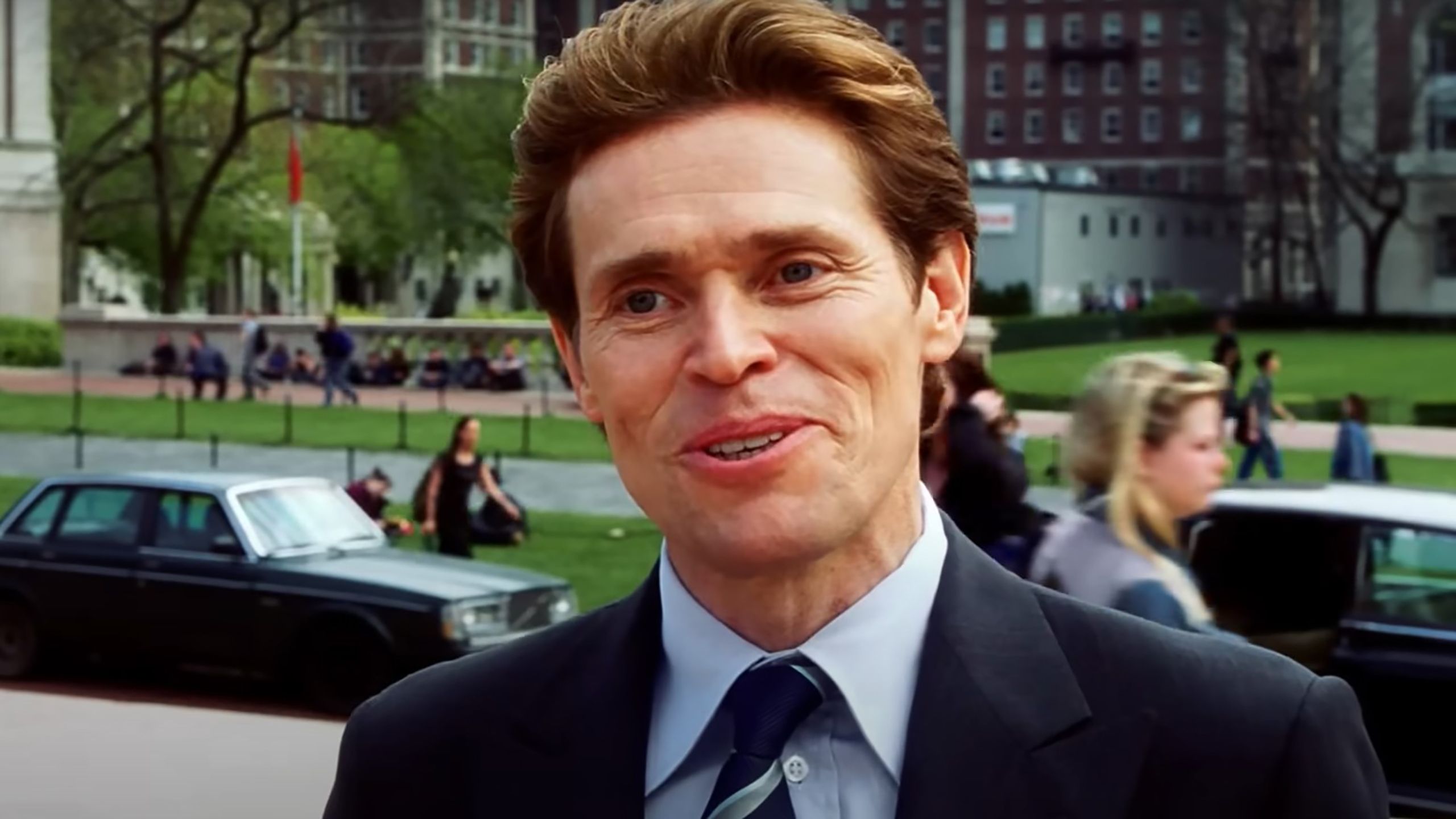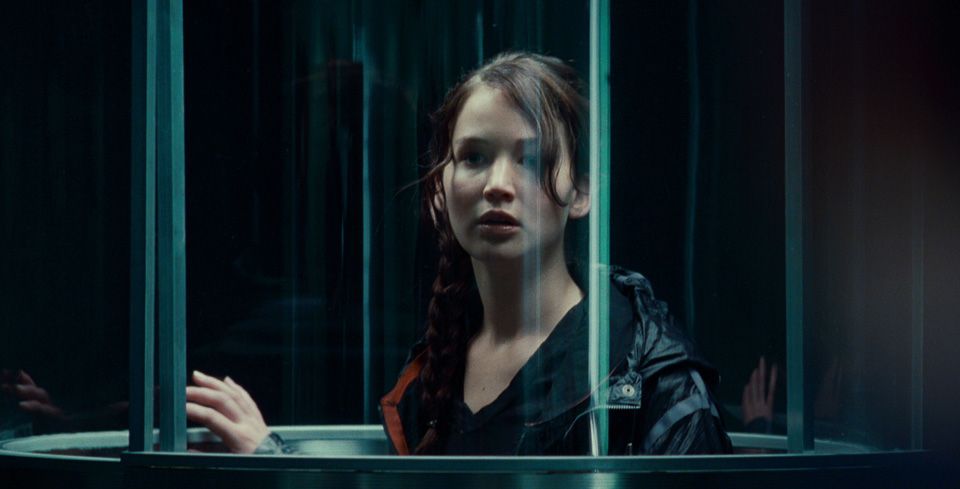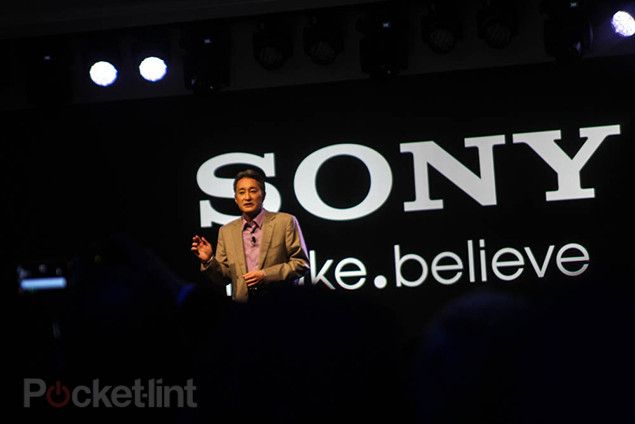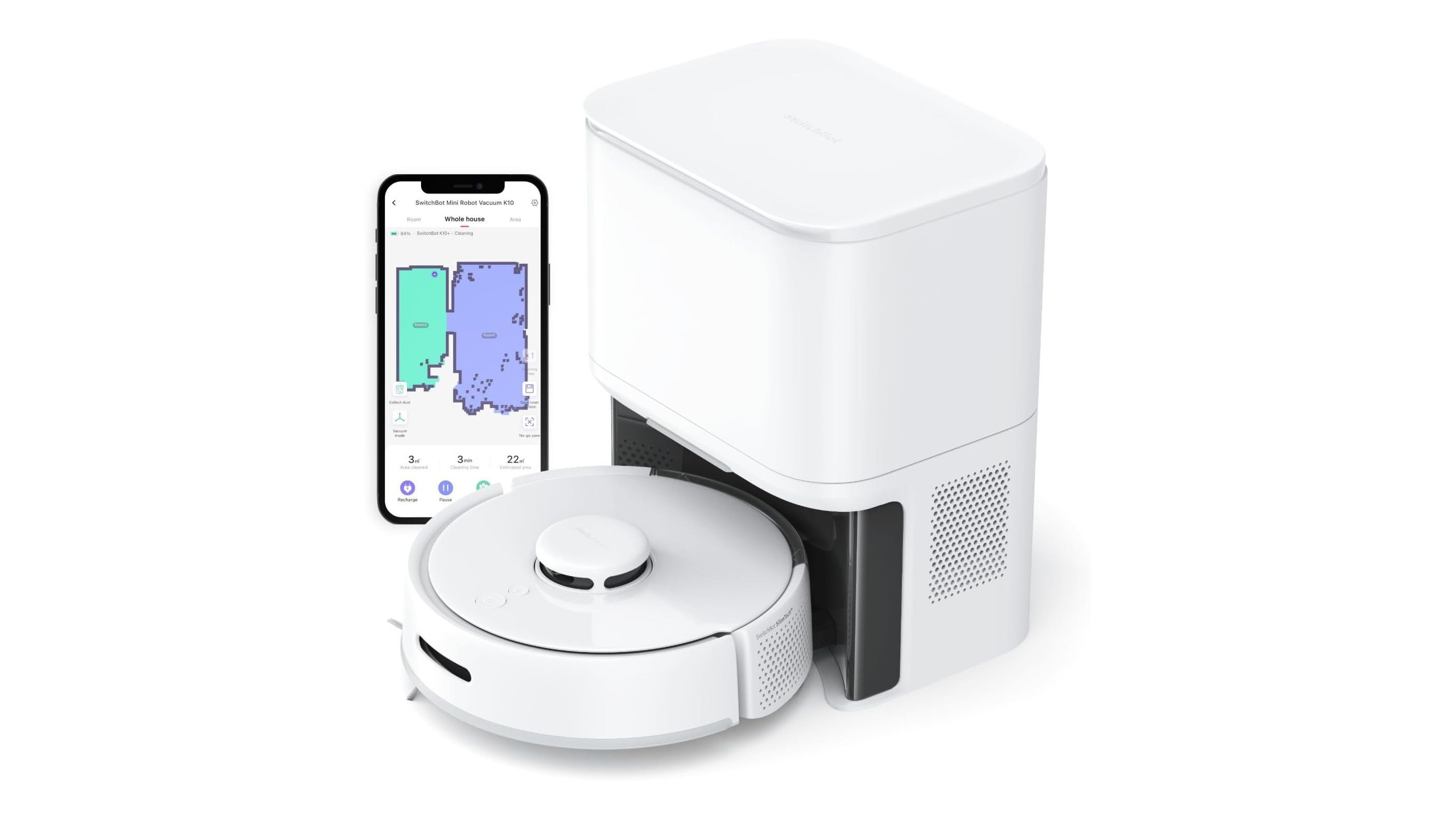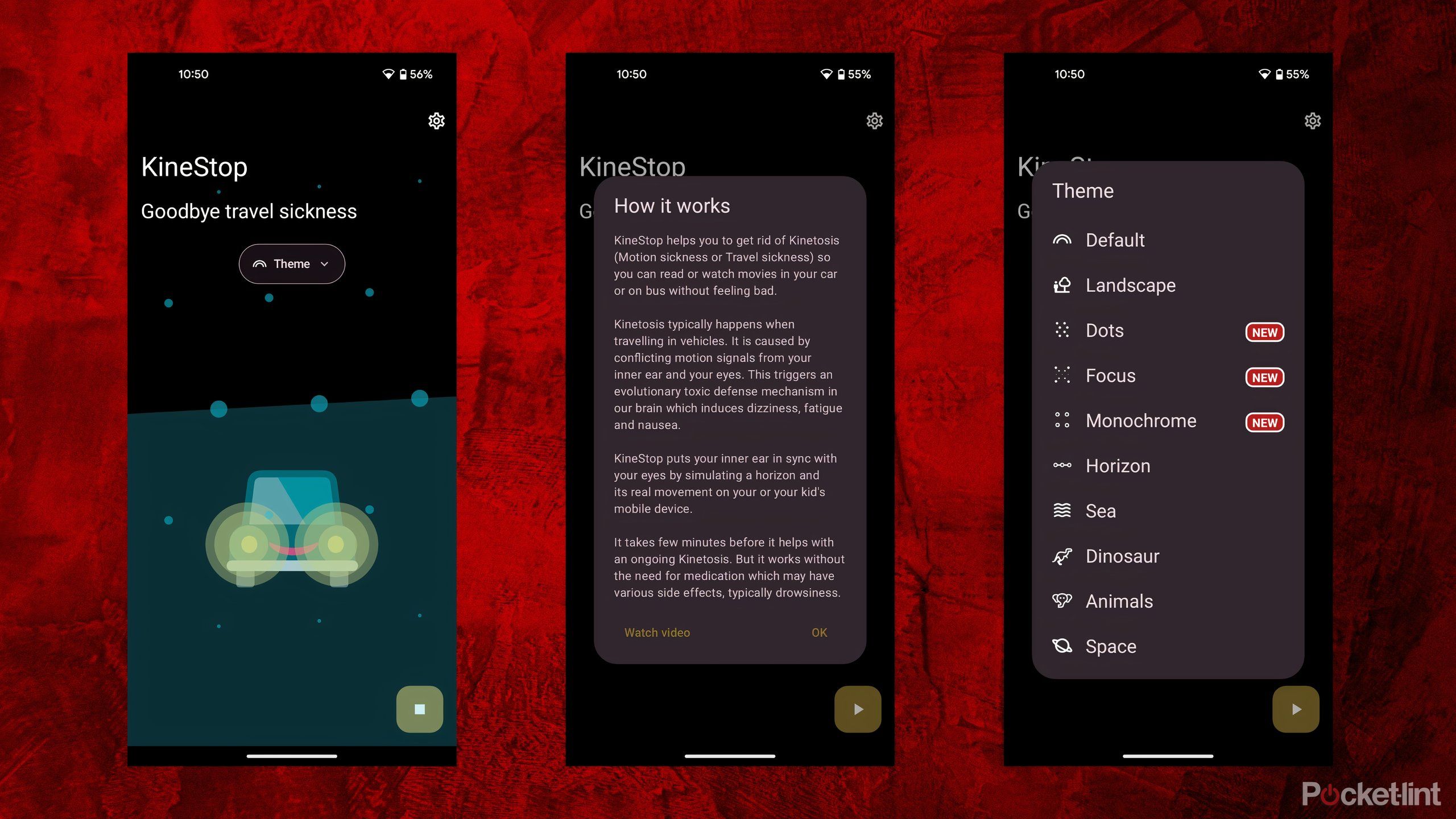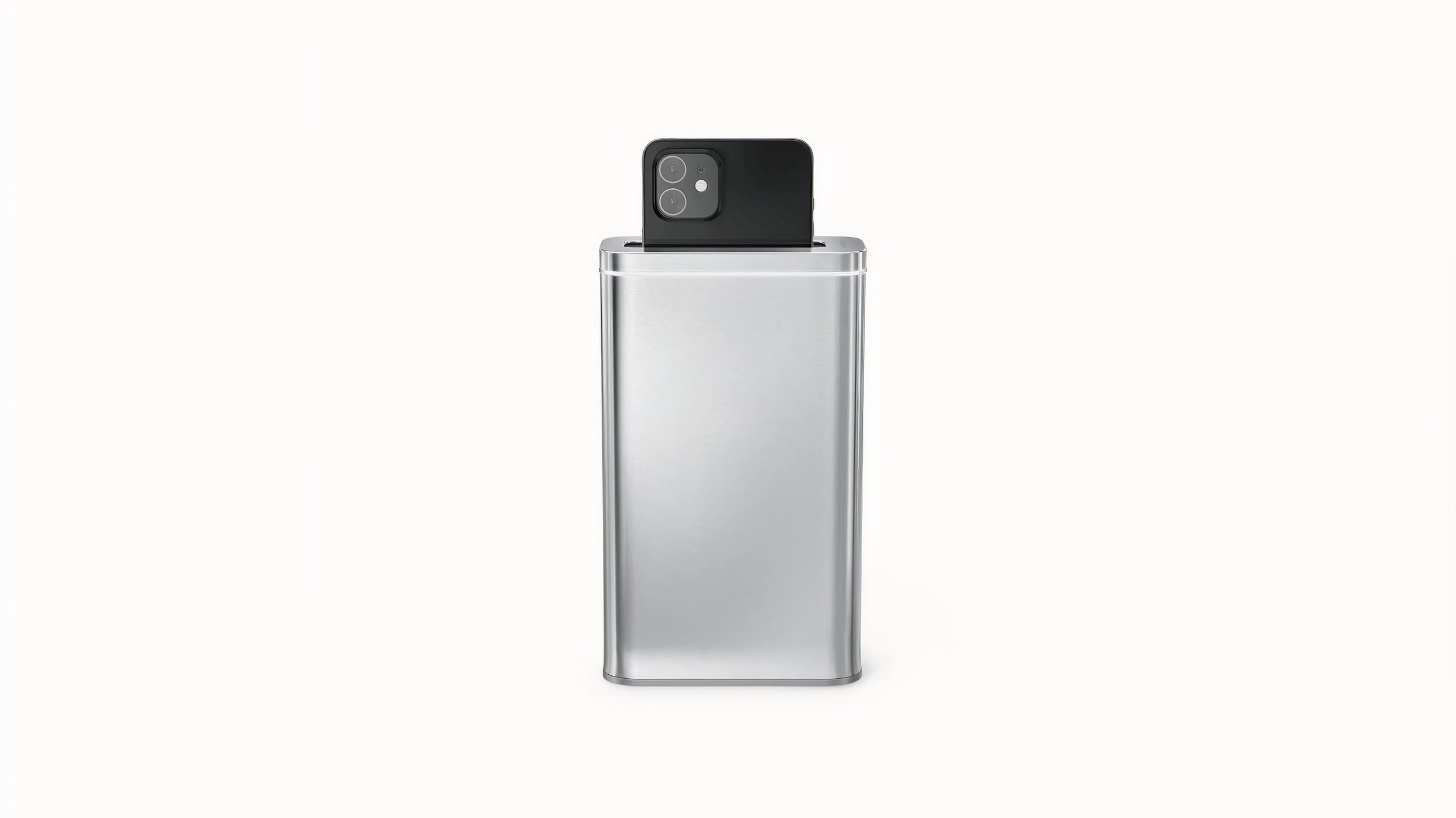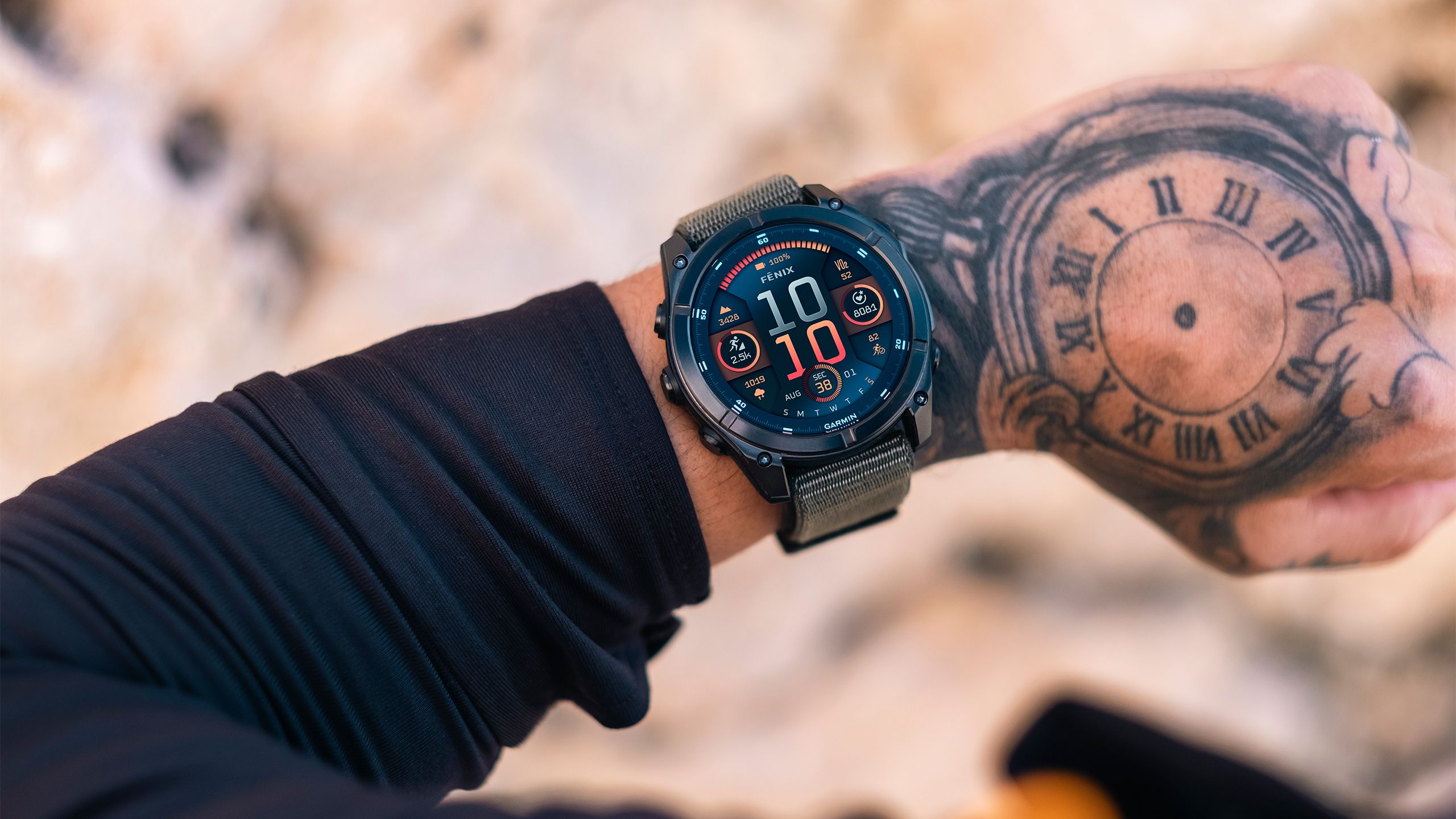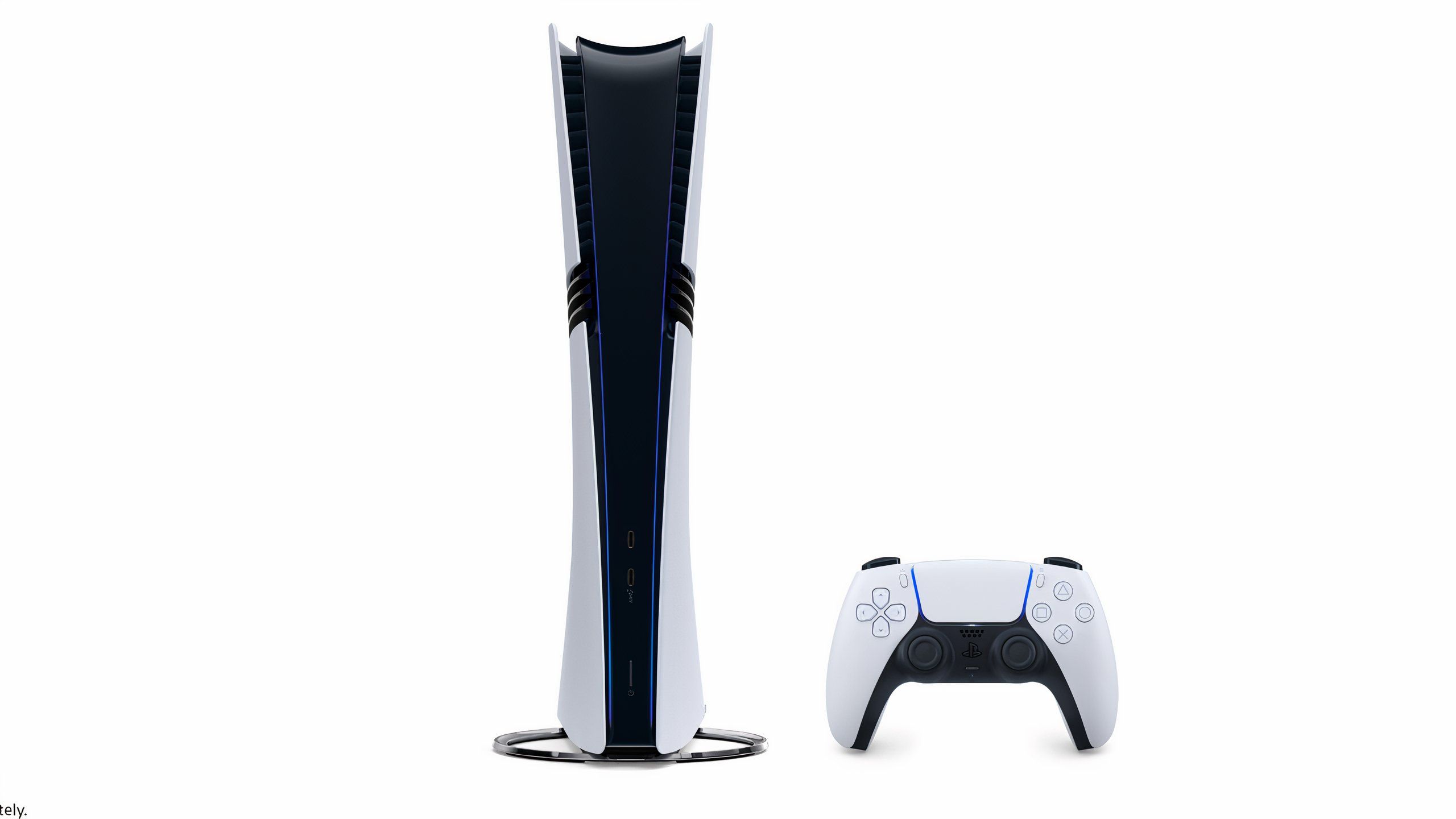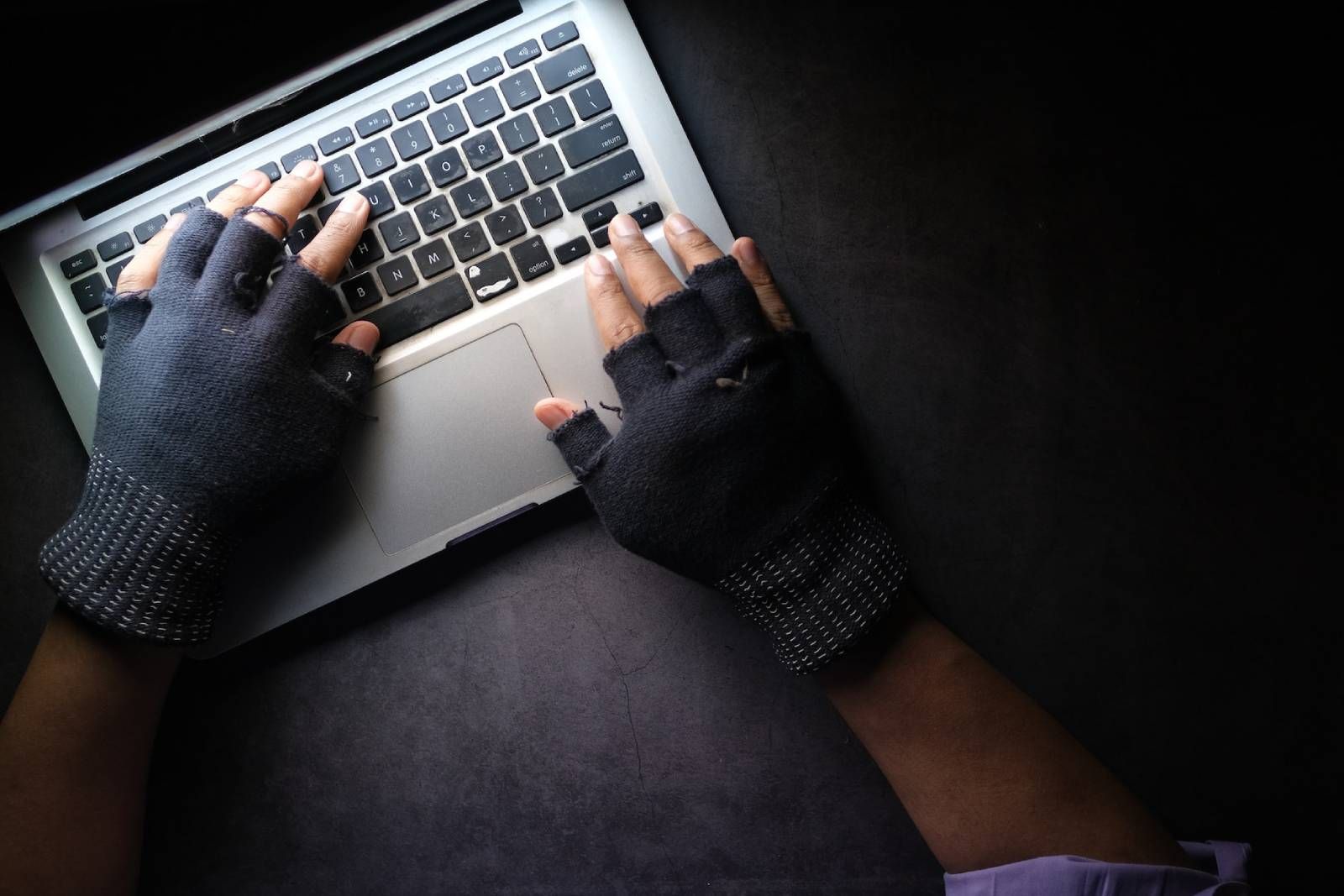
Key Takeaways
- Movies get leaked: Sony employees faced leaks of unreleased films like Fury, leading to piracy and major setbacks to studio plans.
- Internal company information starts leaking: Hackers revealed employee salaries, personal IDs, and emails, impacting Sony’s reputation and privacy.
- Gender disparities exposed: Email dumps revealed Jennifer Lawrence’s pay gap, sparking a cultural reckoning on gender inequality in Hollywood.
On Monday, November 24, 2014, employees at Sony Pictures arrived at the movie studio ready to get to work, but soon became clear it would not be a day like any other. Their computers were all down, taken over by some kind of malware, displaying a red skull on their screens. There was also a message, from a group calling themselves the Guardians of Peace. “This is just the beginning,” the hackers said, warning that “we’ve obtained all your internal data,” threatening to release it all. It would become one of the most notorious hacks of all time.
With their entire computer system compromised, Sony was in trouble, and the motivation behind the hack remained a mystery. It took until later in the week for reports to emerge that the company, and the US government, suspected North Korea was behind the hack, and it was all about Sony’s then-upcoming Seth Rogen and James Franco comedy The Interview.
In the film, the duo play a pair of tabloid journalists who get to visit North Korea, and are recruited by the CIA to assassinate the real-life leader Kim Jong Un. That premise, in which Kim meets a fiery gruesome death, was evidently a bridge too far for the North Korean dictator, and the country set about attacking Sony over it in an effort to stop the movie’s release. 10 years later, the reverberations from the hack are still being felt in Hollywood and beyond.
Movies get leaked
The hackers throw open the floodgates for online pirates
In the days following their computer systems being taken down, the employees at Sony Pictures were still trying to determine the effect of the hack on the company. The whole system needed to be rebuilt, and most were still working without computers. Most were also still puzzled about the source of the attack, and the motivation for it, though few anticipated what came next.
The first major hit to the company following the hack itself, was the release online of several Sony Pictures releases. The Brad Pitt film Fury was discovered being downloaded online, despite still being in theaters. That was followed by Annie, Mr. Turner, Still Alice, and To Write Love On Her Arms, all of which had yet to be released officially. Along with the piracy being a major hit to the studio’s plans for the films, it was also the surest sign that the hackers meant business.
Internal company information starts leaking
The hackers begin their document dumps, revealing the confidential internal workings of the studio
Sony
As if the movie leaks weren’t bad enough, the next week the hackers began dumping mounds of internal information and documents they’d gathered through the hack. It started with the leak of Sony Pictures employee salaries, including the extravagant bonuses earned by top executives. That was followed by a number of other info dumps, including scans of movies stars’ personal IDs, internal emails from employees criticizing the studio’s Adam Sandler movies, and more.
It started with the leak of Sony Pictures employee salaries
On December 5, 2014, less than two weeks after the hack, the Guardians of Peace issued a scarier threat online, writing, “Many things beyond imagination will happen at many places of the world. Our agents find themselves act in necessary places. Please sign your name to object the false of the company at the e-mail address below if you don’t want to suffer damage. If you don’t, not only you but your family will be in danger.”
That was followed by more document dumps, including emails from studio head Amy Pascal in which she referred to Angelina Jolie as a “minimally talented spoiled brat,” and emails in which Pascal and producer Scott Rudin made racist jokes about US president Barack Obama, for which they publicly apologized.
Gender disparities exposed
Internal emails reveal the pay gaps between actors and actresses, leading to a big cultural reckoning
Among all the email dumps, which included plenty of salacious information for Hollywood gossip blogs, one big story emerged. It was to do with the pay gap between male and female movie stars. It was discovered in the emails that Jennifer Lawrence, hot off an Oscar win for Best Actress in Silver Linings Playbook, was paid less than her male in the film American Hustle. Lawrence would later comment on the revelation, explaining that she had failed as a negotiator, writing in Lena Dunham’s Lenny newsletter, “At the time, that seemed like a fine idea, until I saw the payroll on the Internet and realized every man I was working with definitely didn’t worry about being ‘difficult’ or ‘spoiled.'” This all led to a big cultural reckoning, as other female stars began calling out the inequality.
The Interview finally gets released online
The first day-and-date streaming release happened as a result of the hack
After weeks of drama surrounding the hack and The Interview, the movie was finally released, but not in as wide a form as expected. Due to a new threat from the hackers, any theaters got cold feet. “We will clearly show it to you at the very time and places The Interview be shown, including the premiere, how bitter fate those who seek fun in terror should be doomed to. Soon all the world will see what an awful movie Sony Pictures Entertainment has made. The world will be full of fear. Remember the 11th of September 2001. We recommend you to keep yourself distant from the places at that time,” the hackers wrote.
It was, in effect, the first major day-and-date streaming release
As a result, America’s biggest movie theater chains decided they would not be screening the film. Sony Pictures decided to pull the wide release of the movie, eventually opting to release it for VOD rentals online, and in whatever smaller theaters and chains agreed to screen it. It was, in effect, the first major day-and-date streaming release .
A lasting legacy
From conversations about race and gender, to cybersecurity, to film distribution, the Sony hack had real impact
While time has moved on from the Sony Pictures hack, there has been a lasting impact. Conversations about race, and about gender disparities had been boiling under the surface in Hollywood for decades, but the information leaked in the hack amplified those conversations and began forcing change. Studios began committing to stronger diversity goals, and a stream of female stars began calling out Hollywood for paying women less than men. The conversation around the pay gap even spread outside Hollywood, with women all over the world sharing the ways they’ve faced gender disparity across the workforce. It certainly got many people to think twice about what they write in their emails.
The Sony hack helped to usher in a very different world for entertainment
The hack also forced studios, and many other companies, to better recognize the threat posed by hackers in an online world, with much stronger investments in cybersecurity, though there have still been many notable hacks of large corporations in the decade since. When it comes to film production, the legacy of the Sony hack is a bit less obvious, but it’s notable that in the years since, the big studios have become more risk-averse when it comes to potentially politically controversial titles. For the Hollywood studios, the release of The Interview online and in theaters simultaneously marked a sea change for the future of film distribution. While the hackers had forced Sony’s hand in that case, it wasn’t too long before day-and-date releases became more common for big, mainstream movies, and the COVID-19 pandemic only poured more fuel on the fire. The Sony hack helped to usher in a very different world for entertainment.

